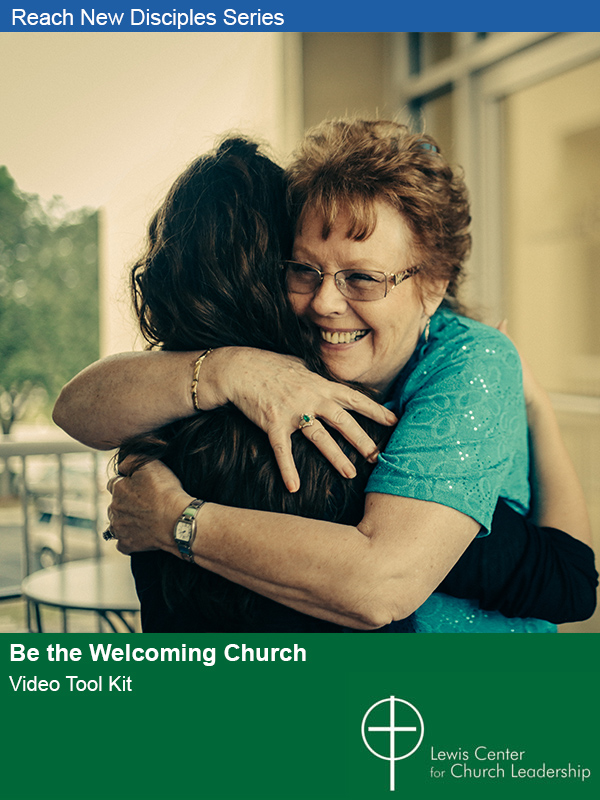Sam Rainer says that families visiting your church know instinctively whether you sincerely welcome the presence of their children or just tolerate them. He outlines six perspectives and practices that signal to families that their children are truly valued, welcomed, and included.
There are two kinds of restaurants. Those that embrace children, and those that tolerate children. If you’re a parent, especially if you have multiple small children, then you know this reality. When my family of six storms a restaurant, I can tell immediately whether the establishment will embrace my children or tolerate them.
There are two kinds of churches. Those that embrace children, and those that tolerate children. Most churches are not rude towards kids, and I’ve never seen a church sign stating “No Kids Allowed.” However, the families visiting your church will know whether you embrace their kids or not. The churches who welcome children have a higher likelihood of families returning — not just once but often!
1. Embracing children means understanding that messy is healthy.
Children do not learn to eat cleanly. They turn dining room tables into abstract impressionist works. More food ends up in the hair than in the mouth. You’ll need a hazmat suit to serve spaghetti. Children learning to take in God’s Word, learning to worship, learning to love Jesus are just as messy. The line of dirt on walls about two feet high is there because little hands are dragging as kids walk the halls. Messy is healthy.
2. Embracing children means valuing noise over perfection.
Children make noises in worship. Children make noises in classes. Children make noises in the parking lot. They cry. They laugh loud. They scream and yell. Some churches tolerate the noise. Other churches value the noise. I’ve heard of churches not allowing children below a certain age in the worship service. Try to bring an infant into the worship space, and they’ll stop you like an irate Pharisee with bad case of the Mondays.
3. Embracing children means protection at all costs.
Child security is a discipleship issue — and one of the most important! If you believe in the Great Commission, then you will create robust security measures for children. Jesus says, “I am with you always.” A low-security church teaches children “I am with you sometimes.”
4. Embracing children means consistent promotion in multiple venues.
Check your worship guide. What is in there about children? Check your social media feeds, your email newsletter, and your worship service announcements. If kids are not there, then you are not embracing children.
5. Embracing children means investing in kids’ ministry.
Is your children’s minister the lowest paid ministry team member? Does your children’s budget match your worship budget? A church that embraces children will invest in the ministries supporting children. A church that tolerates children will give the monetary leftovers to them. If it is easier to cut your children’s budget than your technology budget, then you likely are not embracing children in your church.
6. Embracing children means understanding church at their level.
A lot of churches will seek out the perspective of parents. You should! Helping parents create God-centered homes and not child-centered homes is one of the core elements of family discipleship. However, you should not neglect the perspective of a child. Ask about their experiences, their feelings, and their opinions. When you understand church at the level of a child, you are better positioned to guide the child towards Christ.
In Luke 18, Jesus invited the children. In Mark 10, Jesus embraced the children. Churches that welcome and embrace children are like Jesus. In fact, Jesus becomes angry at the disciples for discounting the value of children. The next time a child cries out in church, don’t get angry at the child. Get angry at the person who is angry at the child. Children are a blessing, so churches should make them a priority. Be the church that embraces children, not just tolerates them.
This article originally appeared on samrainer.com. Used by permission.
RELATED RESOURCES
- Worship from the Eyes of a Child by Linda Ranson Jacobs
- “What is Messy Church?”, a Leading Ideas Talks podcast episode featuring Johannah Myers
- 6 Suggestions to Promote Healthy Intergenerational Worship by David W. Manner







